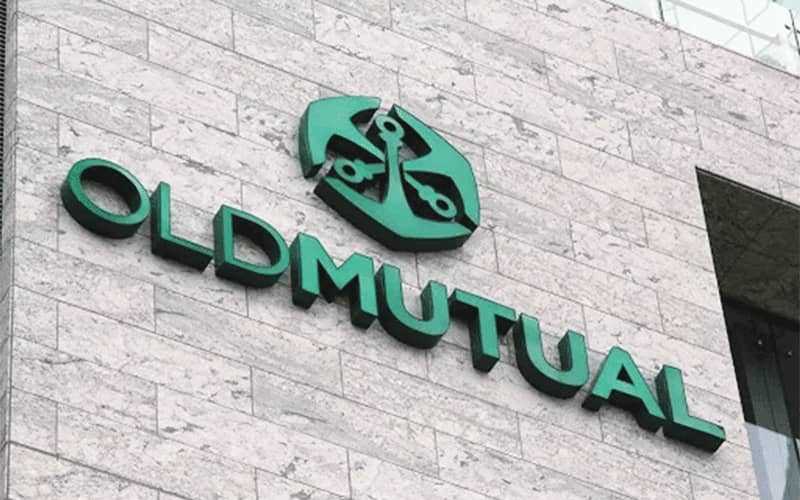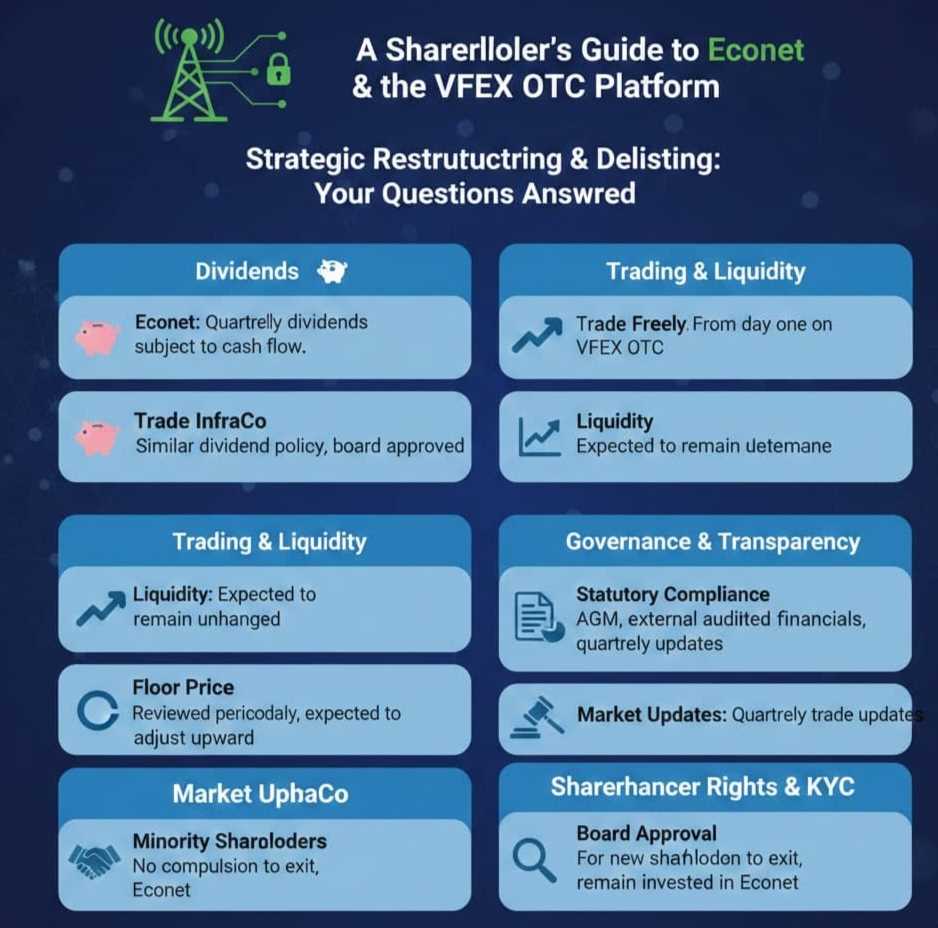
By Nyashadzashe Ndoro and Rutendo Mazhindu
The persistent currency volatility and hyperinflationary pressures in Zimbabwe continue to significantly impact regional businesses operating in the country, leading to substantial financial write-offs and challenging operational environments.
Recent financial statements from South African retail giant Pick n Pay and insurance powerhouse Old Mutual highlight the widespread effects of these economic conditions.
Pick n Pay Group Limited has announced a full write-off of its 49% stake in Zimbabwe's TM Supermarkets. For the 53 weeks ended March 2, 2025, Pick n Pay incurred R51 million in unrecognised losses from TM Supermarkets, a stark reversal from the R212 million net contribution in the previous financial year. This downturn prompted the retailer to impair its investment by R254 million, effectively reducing the carrying value of its stake to zero.
According to Pick n Pay's financial statements, the company has applied IAS 28, "Investment in Associates and Joint Ventures," and IAS 29, "Financial Reporting in Hyperinflationary Economies," recognizing Zimbabwe as a hyperinflationary economy. Consequently, Pick n Pay "no longer recognises its share of earnings or losses" from its Zimbabwean associate, despite TM Supermarkets operating a network of 74 outlets across the country. This impairment underscores how a once profitable venture has become a financial burden due to the unstable economic climate.
The challenges extend beyond Zimbabwe for Pick n Pay, with its "Rest of Africa" operations seeing a 5.7% decline in turnover. This decline is attributed to factors like the Zambian Kwacha currency devaluation and reduced Namibian turnover due to a franchise agreement termination. While the group's overall turnover increased by 3.2% to R115.92 billion, the contribution from its Rest of Africa segment fell from R3.61 billion to R3.4 billion, largely due to foreign exchange losses.

Meanwhile, Old Mutual Limited also reported on the impact of the volatile economic landscape in its Voluntary Operating Update for the quarter ended March 31, 2025. The company saw a 6% increase in gross flows to R53.2 billion, driven by strong performance in Wealth Management, Private Clients, and Cash and Liquidity Solutions, with Old Mutual Africa Regions benefiting from increased asset management inflows into international US dollar funds in Namibia.
However, Old Mutual experienced a significant reversal in net client cash flow, shifting to an outflow of R4.8 billion from an inflow of R166 million in Q1 2024. This was primarily due to substantial client exits, including R6.4 billion in low-margin indexation outflows from a large offshore investor and R3.6 billion in terminations from unprofitable business on an investment platform in Old Mutual Corporate. Life APE sales also saw a marginal 2% decrease to R3.10 billion, partly due to lower guaranteed annuities sales and the non-repeat of significant savings sales in Old Mutual Corporate.
Related Stories
Old Mutual noted that it has ceased applying hyperinflation accounting for Zimbabwe for FY2024, following the change in functional currency from ZiG to the US dollar. While this change is expected to reduce transfers to the foreign currency translation reserve and lead to a reduction in IFRS profits and headline earnings from Zimbabwe, it is anticipated to have no impact on adjusted headline earnings.
The company acknowledged persistent pressures, citing global economic uncertainty, the risk of rising trade barriers, and domestically, dampened investor sentiment due to uncertainty over the stability of the Government of National Unity and the impact of US tariffs on exports. High interest rates in South Africa also continue to affect consumer credit affordability.
"We ceased to apply hyperinflation accounting for Zimbabwe for FY2024 following the change in functional currency from ZiG to the US dollar. Consequently, we expect reduced transfers to the foreign currency translation reserve in the future," the company noted.
"IFRS profits and headline earnings arising from Zimbabwe are expected to reduce, with no impact on adjusted headline earnings. We expect a limited impact on the net asset value of the Zimbabwean business.
"Amid ongoing economic uncertainty and constrained household disposable income, we have not seen. an improvement in Mass and Foundation Cluster persistence and we continue to closely monitor the Impact on our economic recovery reserves. We will reassess the need to strengthen our persistence basis as at 30 June 2025."
Despite these challenges, Old Mutual maintains a healthy capital position, with its regulatory solvency ratio remaining strong. The company also confirmed that the launch of OM Bank remains on track for a public rollout later this year.


















Leave Comments